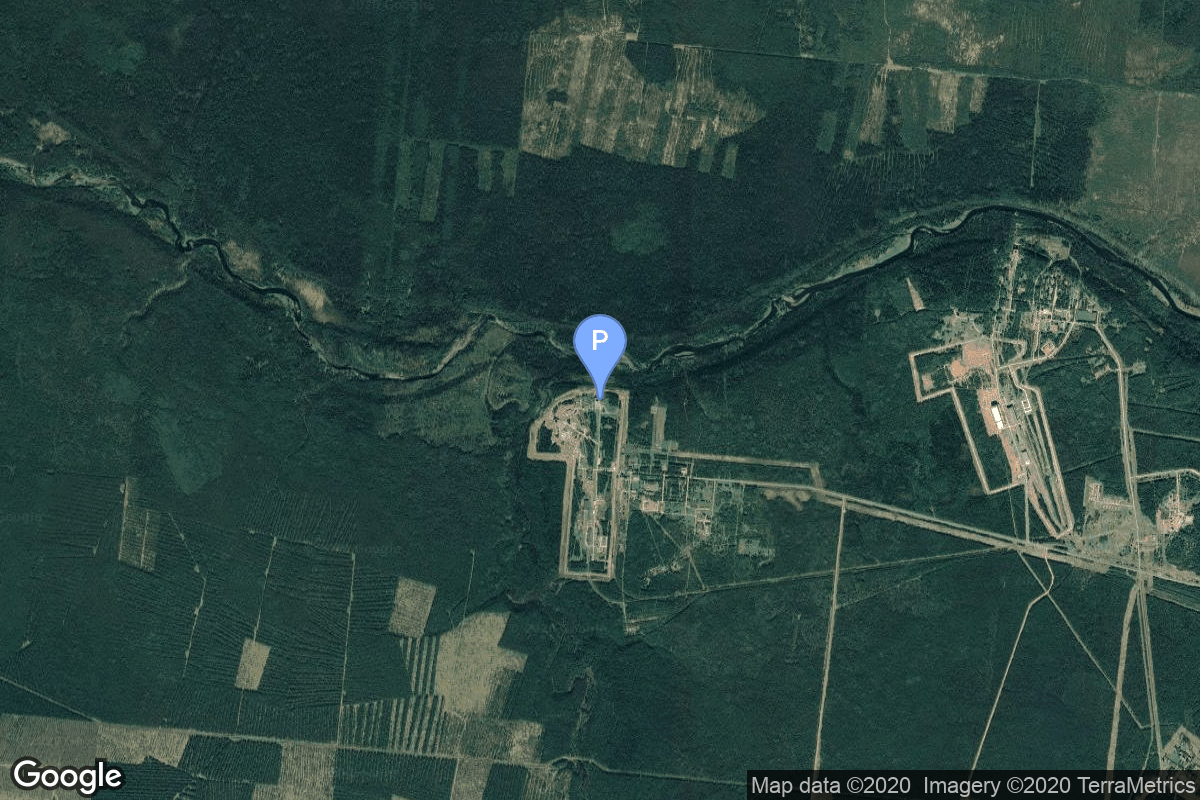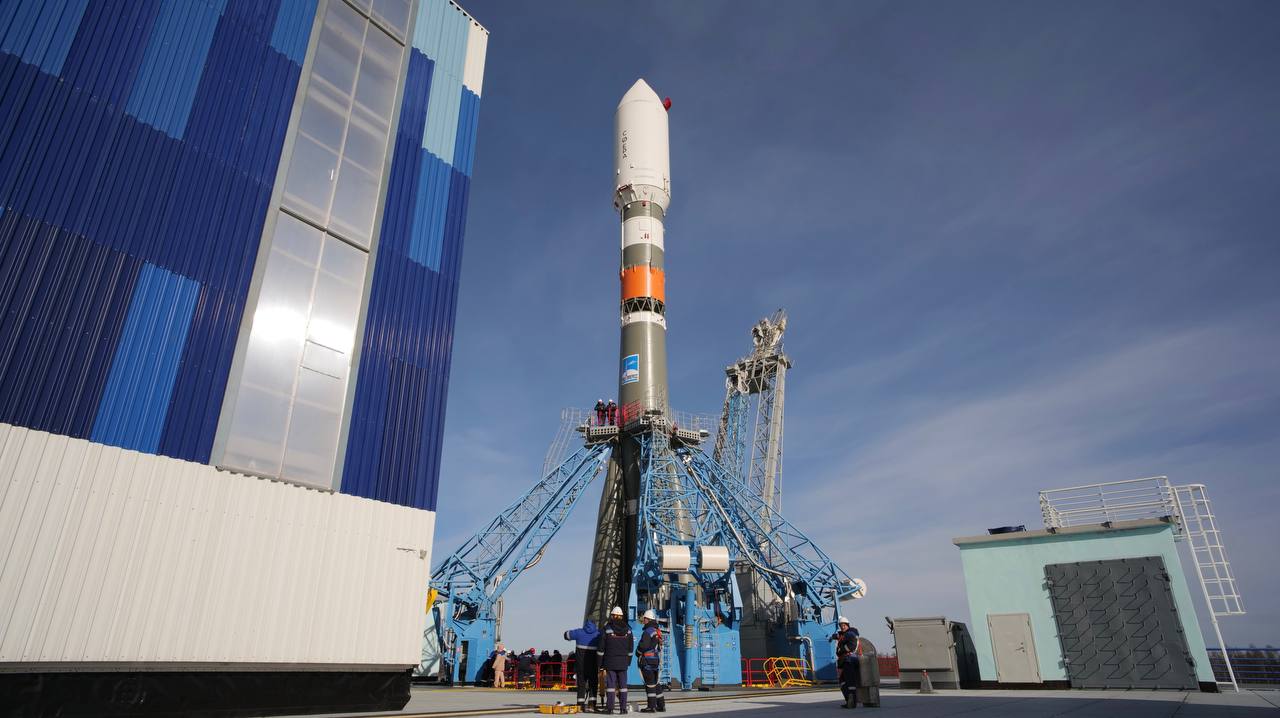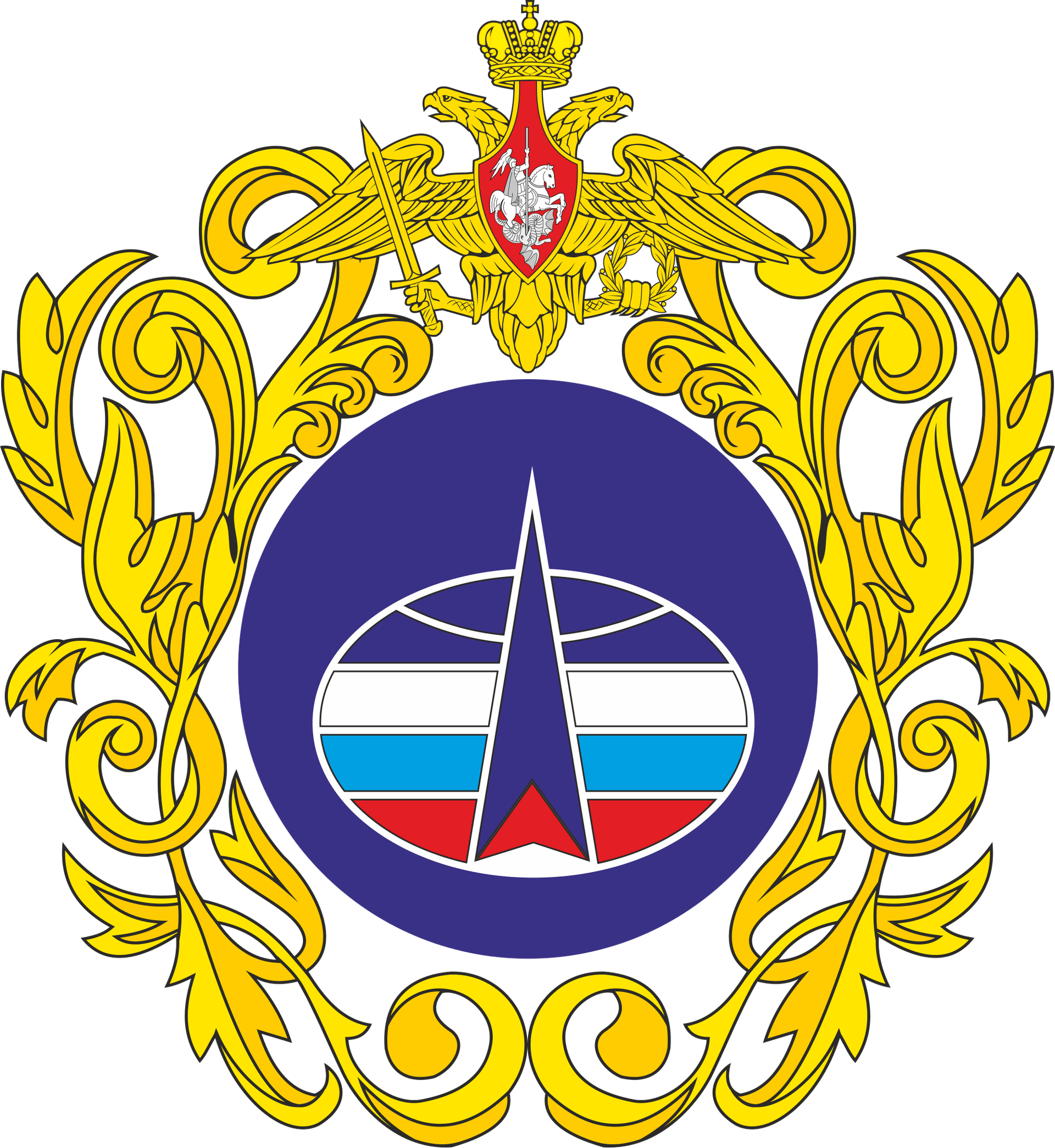EKS-2 (Tundra 2) (Kosmos 2518)
Soyuz-2.1b/Fregat
Russian Space Forces
Mission
EKS-2 (Tundra 2) (Kosmos 2518)
- Type: Government/Top Secret
- Orbit: Elliptical Orbit
- Launch Cost: $80,000,000
The Tundra or EKS (meaning Unified Space System) series of satellites is the next generation of Russian early warning satellites.
Location
43/4 (43R)
Plesetsk Cosmodrome, Russian Federation
43/4 (43R) has witnessed the launch of 319 rockets, including 319 orbital launch attempts, while Plesetsk Cosmodrome, Russian Federation, has been the site for 1667 rocket launches.
Rocket
Progress Rocket Space Center Soyuz 2.1b Fregat
Soyuz-2, GRAU index 14A14, is the collective designation for the 21st-century version of the Russian Soyuz rocket. In its basic form, it is a three-stage carrier rocket for placing payloads into low Earth orbit. The first-stage boosters and two core stages feature uprated engines with improved injection systems, compared to the previous versions of the Soyuz. Digital flight control and telemetry systems allow the rocket to be launched from a fixed launch platform, whereas the launch platforms for earlier Soyuz rockets had to be rotated as the rocket could not perform a roll to change its heading in flight.
The Soyuz 2.1b represents the latest development stage of the proven rocket.
It uses the new RD-0124 engines in the first three stages, coupled with an improved injection system that significantly boosts the performance of the Soyuz.
Furthermore, she wears a new, digital startup control system.
This will allow the Soyuz 2.1b to carry around 1.2 tonnes more payload into low earth orbit compared to its predecessor.
Agency
Russian Space Forces
The Russian Space Forces are a branch of the Russian Aerospace Forces, that provides aerospace warning, air sovereignty, and protection for Russia. Having been reestablished following August 1, 2015 merger between the Russian Air Force and the Russian Aerospace Defence Forces after a 2011 dissolving of the branch. The Russian Space Forces were originally formed on August 10, 1992 and the creation of the Russian Armed Forces.


